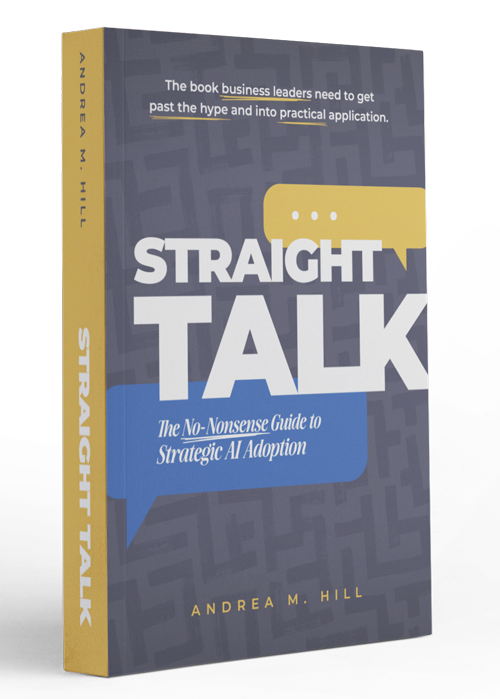Distinguishing Between B2B and B2C Ecommerce

Understanding the Key Differences
Ecommerce has emerged as the most efficient and effective way for businesses to reach customers in the modern age. The evolution of ecommerce has been divided into two distinct categories: business-to-business (B2B) and business-to-consumer (B2C). The primary difference between the two is the target audience and the way they interact with the products or services offered. In this article, we will explore the primary differences between B2B and B2C ecommerce and the unique features of each.
Target Audience
The most significant difference between B2B and B2C ecommerce is the target audience. B2B ecommerce targets other businesses, while B2C ecommerce targets individual customers. In the B2B environment, the customers are typically other companies or organizations, while in the B2C environment, the customers are individual consumers. B2B ecommerce often involves complex transactions that require specialized knowledge, industry experience, and sophisticated infrastructure. On the other hand, B2C ecommerce is focused on reaching a wider audience and often involves less complex transactions that require less specialized knowledge.
Sales Cycle
The sales cycle is another significant difference between B2B and B2C ecommerce. The sales cycle in B2B ecommerce is generally more extended and more complex than in B2C ecommerce. In B2B ecommerce, the decision-making process often involves multiple stakeholders, and the purchasing process is usually more structured. The sales cycle in B2C ecommerce, on the other hand, is typically shorter, as customers tend to make decisions quickly and independently.
Marketing Strategies
Marketing strategies are another key difference between B2B and B2C ecommerce. B2B ecommerce often focuses on building long-term relationships with customers and emphasizes the value of the products or services offered. B2B marketing strategies often focus on creating a sense of trust and building a reputation for delivering quality products or services over time. On the other hand, B2C ecommerce often focuses on creating a strong brand identity and reaching a wider audience. B2C marketing strategies often rely on advertising and promotions to attract and retain customers.
Product Catalogs
Product catalogs are also a significant difference between B2B and B2C ecommerce. In B2B ecommerce, product catalogs tend to be more extensive and more complex than in B2C ecommerce. B2B companies often offer a wide range of products, services, and solutions that are designed to meet the unique needs of other businesses. These catalogs often include specialized products that require significant knowledge and expertise to use effectively. In contrast, B2C product catalogs tend to be more straightforward and focus on a smaller range of products that are targeted at individual consumers.
Pricing
Pricing is another key difference between B2B and B2C ecommerce. In B2B ecommerce, pricing tends to be more negotiable and less transparent than in B2C ecommerce. B2B companies often negotiate pricing on a case-by-case basis, and pricing may vary depending on the size of the order, the terms of the contract, and other factors. In contrast, B2C pricing is typically more transparent, with fixed prices displayed on the company's website or other sales channels.
Customer Service
Customer service is also a significant difference between B2B and B2C ecommerce. B2B companies often provide a higher level of customer service than B2C companies, given the complex and often customized nature of the products and services they offer. B2B companies may offer dedicated account managers, specialized support teams, and other services designed to ensure that their customers are satisfied with their purchases. In contrast, B2C customer service tends to be more generalized and often relies on automated systems and self-service tools to handle customer inquiries.
Conclusion
In summary, B2B and B2C ecommerce are two distinct categories that serve their audiences in very different ways. Understanding how B2B and B2C ecommerce sites are different will help you create a site that more closely meets your business goals.
Andrea Hill's
Latest Book
Straight Talk
The No-Nonsense Guide to Strategic AI Adoption

Where other books focus on prompts and tools, this book gives business leaders what they actually need: the frameworks and confidence to lead AI adoption responsibly, without having to become technologists themselves.
Also available at independent booksellers and public libraries.
Are You Ready to Do Better Marketing?
WerxMarketing is all about performance marketing. That means giving you the tools you need to connect with customers, enable your sales efforts, and turn leads into loyal customers. Ready to learn more about how we do that? Book a free consult and bring your questions. See if you like working with us on our dime, and get some good advice in the process.